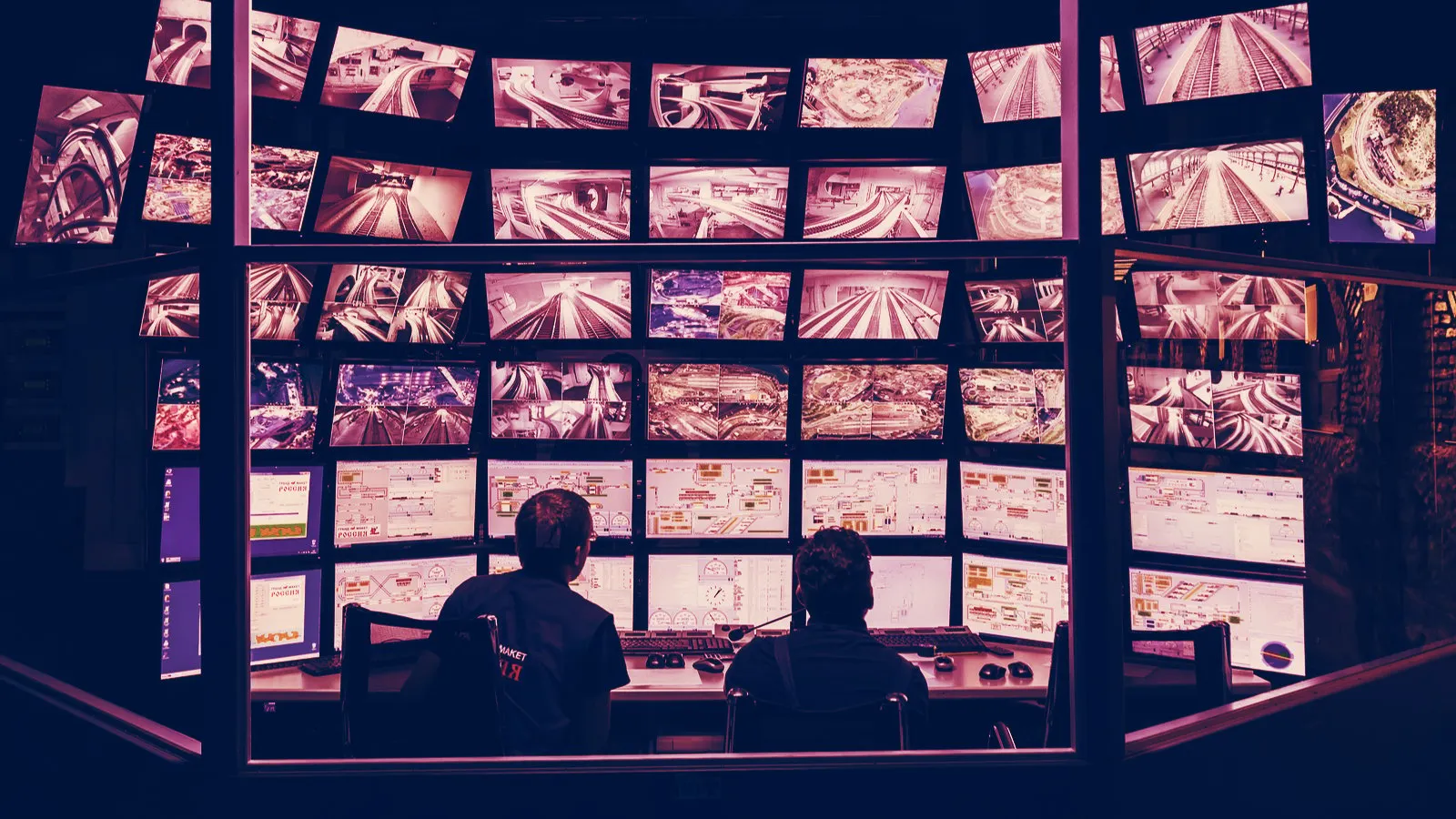In brief
- Russian officials have created an app that tracks those infected with the coronavirus.
- It collects lots of data about the patients.
- Critics think it's a step too far and might turn Russia into a police state.
Russia is the latest country to enforce heavy-handed surveillance policies to combat the coronavirus pandemic, according to a report by Gizmodo yesterday.
Moscow’s Department of Information Technologies, Eduard Lysenko, reportedly told the Ekho Moskvy radio station that the city’s authorities have developed a mobile app. It’s supposed to be downloaded by residents who have contracted coronavirus and will let federal officials keep track of their movements. The app will be available to Moscow’s 12.5 million residents starting Thursday.
But an anonymous Moscow-based researcher found an early version of the app also transmitted information about a user’s camera, core setting, and address book, to city hall servers, without first encrypting that data, according to the report.
The application has drawn sharp criticism from privacy advocates.
The surveillance app, along with a forthcoming QR-code system that will require civilians to present authorities with unique QR-codes if stopped on the streets, “is turning the Russian capital effectively into a full-on police state,” Attila Tomaschek, data privacy expert at ProPrivacy, told Decrypt.
The Russian government’s initiative to track coronavirus patients, despite intrusions on their privacy, is not new. Several other governments, among them Israel, are tracking mobile phone data to enforce quarantines. Many others, such as the Belgium, UK, and US governments, are using aerial imagery from devices like drones to ensure that people are staying inside.
Widespread surveillance
Of course, such measures are effective tools to enforce a quarantine, and to prevent further spread of a deadly virus that is confirmed to have infected almost one million people, according to data from Worldometers.
But “the surveillance tactics and violations of basic human rights we are seeing being conducted by the Russian government go far beyond what is necessary,” said Tomashek.
“This breadth of information is certainly not at all necessary to ensure coronavirus patients are following quarantine orders. The scope of the app’s access to the user’s device and the information it is able to collect essentially amounts to a violation of the fundamental human right to privacy,” he added.
Taylor Monahan, CEO of MyCrypto, told Decrypt that covid-19 has caused a level of fear and irrationality similar to “what we saw post-9/11, except now we fear our neighbors.”

This has given governments the impetus to implement such tools, for everyone. “Now we see the physical consequences digital surveillance can have, even for upstanding citizens,” she said.
Worse, the data collected could be stolen. “Nothing is ‘unhackable’. If your government or an app is capturing all of this information, someone else is as well,” she added.
Lasting side-effects
For Tomashek and Monahan, the danger isn’t just that privacy will be put on hold during the quarantine, but that these measures will persist.
“The likelihood of Moscow rolling back its surveillance tactics post-crisis is not particularly probable, judging by the direction the government has been heading in recent years. Rolling back these measures simply wouldn’t be in the government’s best interest,” said Tomashek.
In fact, the coronavirus could be a cover for greater surveillance in the first place.
Monahan argued, “Why would a government opt for a secure or privacy-first solution? The information they could collect is invaluable. If they have the opportunity to take it, without fear of revolt because everyone is scared of covid-19, why not?”
People need their privacy and security more than ever today if we want to overcome covid-19, she said, adding, “Denigrating personal freedoms may slow the short-term spread of this virus, but will have lasting, crushing consequences on the progress of society,” she concluded.
Of course, blockchain is surely on hand to save the day.

